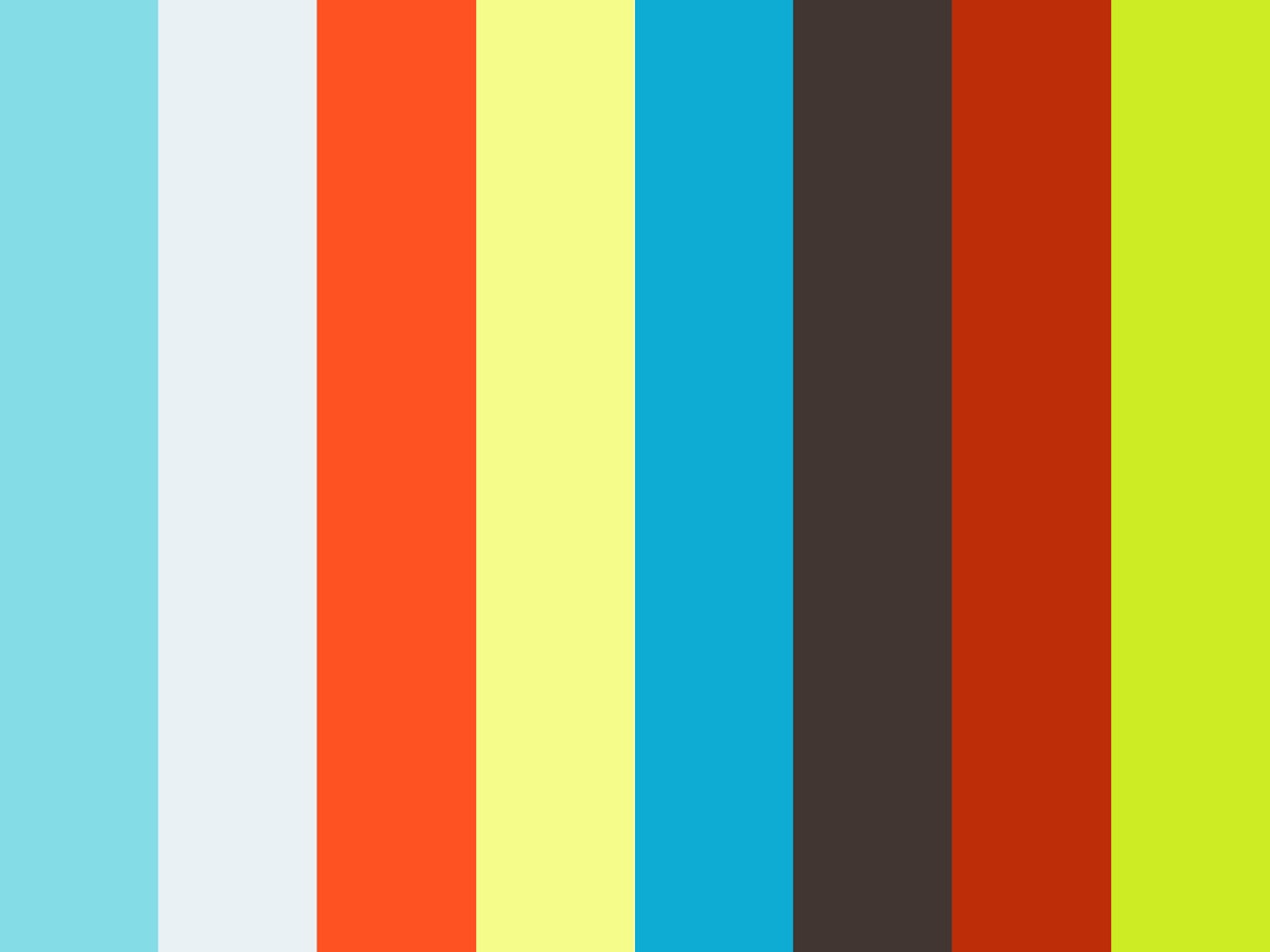The gap between technology, advertisement and art is nearly sealed. With years of philosophical rants over context, technique and accessibility often polarizing the art crowd. Today it seems unrealistic to not have some internet served with your art. During Art Basel Miami Beach, Maritza Yoes, one of the founders of LACMA’s social media channel and Sean Monahan, one of the founders of trend forecasting darlings K-HOLE, collaborated with Artsy and Snapchat to bring an array of artists out of the galleries and onto our phones with a range of special edition Snapchat geofilters. The filters were located around the city at prominent art locations featuring a grouping of artist including Chloe Wise and Katherine Bernhardt. I caught up with them to find out how this meeting of art and technology is just the beginning.
BJ Panda Bear: So, can you tell us about the project?
Snapchat is our favorite platform for creativity. We were excited to help make this project come to life to give artists a chance to play with the platform in a deeper way and for Snapchatters to have an accessible art experience. Without going into too much detail, Snapchat had a great idea for artist-designed geofilters. Sean and I helped bring Artsy and Snapchat together to make the creative initiative happen.
BJ: Have you worked with Snapchat in this art context before?
Yes, I have a relationship with Snapchat from my LACMA ties. I was an early art pioneer on the platform through my LACMA work so there's some good mutual trust.
BJ: Is it true that you got LACMA on Snapchat?
True! I developed LACMA's Snapchat account and the strategy of meshing pop-culture and art history. The pairings are meant to be simultaneously irreverent and thought-provoking. LACMA has continued to maintain the strategy and it's still seeing a lot of success!
BJ: What drives a project like this?
An interest in how art, culture, social media, and technology can converge. We're constantly thinking about opportunities to explore new technologies in an art context. Finding ways for the worlds of art and technology to work together is at the heart of our participation with the project.
BJ: What does cultural strategist mean?
"Cultural strategy" is our definition for bringing creative people and culturally relevant opportunities together. Full time I work as a social strategist with an emphasis on arts, tech, and culture, but I also love introducing people and helping make collaborations happen, this is something I do naturally! Sean is a full-time freelancer and branding genius. He was a founding member of the art collective K-HOLE where he worked with businesses that had the uncompromising creative integrity of art.
text and interview by BJ Panda Bear for Autre Magazine. Follow Autre on Instagram: @AUTREMAGAZINE

